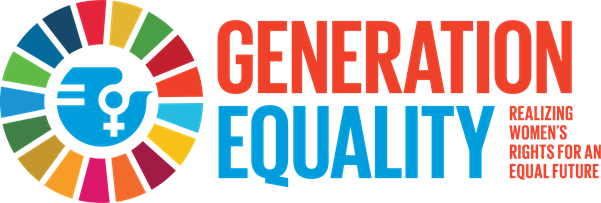A Crash Course in the UN, Women and NGOs (or Why Civil Society Matters)
by Sallie Chaballier (AAWE Paris)
“AAWE is a member of FAWCO, an NGO in Special Consultative Status with the UN Economic and Social Council” - have you ever wondered what that blurb on AAWE publications actually means? In the past six months, I have experienced firsthand how meaningful...
Gender Equality
Commission on the Status of Women

The UN Commission on the Status of Women (CSW), part of the Economic and Social Council (ECOSOC), promotes gender equality and the advancement of women. Its charge is to measure progress towards equality and highlight challenges, set standards and formulate concrete policies to promote equality and women’s empowerment, and encourage mainstreaming of the gender perspective in all UN activities worldwide.
FAWCO is a member of the NGO Committees on the Status of Women (NGO CSWs) in NY, Geneva and Vienna. FAWCO members and UN Representatives regularly attend the annual CSW in New York. You can read blogs by members of FAWCO's delegations to CSW.
FAWCO signs on to Written and Oral Statements submitted to UN Women for consideration by CSW, joining our partner women's NGOs with consultative status to ECOSOC. You can read these statements on the Advocacy page.
| Key Links | |
| UN CSW | http://www.unwomen.org/en/csw |
| NGO CSW New York | www.ngocsw.org |
| NGO CSW Geneva | www.ngocsw-geneva.ch/ |
| NGO CSW Vienna | https://ngocswvienna.org/ |
by Ann Marie Morrow, AWC Finland
I remember when I was about 8 years old being asked what I wanted to be when I grew up. I answered, “A boy!”. Why did I give this answer? I remember thinking that if I could just be a boy, then...
Elizabeth Abbot describes what she learned:
Notes from CSW59
Finishing the “unfinished business of the 21st century” (Hillary Clinton)
Accountability – we need to hold all levels of government accountable to creating laws and allocating resources to the gender equality and GBV agenda. Example: the Istanbul Convention signed in 2012 for European countries that requires countries to monitor progress and the...
Colleen Gilbert (AWC Brussels) followed climate change, energy, and mental health issues at CSW59.
Climate Change and Gender Equality
Mary Robinson, former president of Ireland and current Director of the Mary Robinson Foundation-Climate Justice believes that gender equality and climate justice are the most severe human rights issues of this century. She believes women must be participants and benefactors...
Erica Higbie, UN Rep in NY and Chair of the Working Group on Girls Advocacy Committee, writes:
March 10
What inspired me
"We can only walk the last mile if we stand by the last girl." Ruchira Gupta on young prostitutes in India
"It is not a problem WHAT to do but HOW to get it done"
"The key now is...
Reflections on CSW59 by Jane McCall Politi Ph.D., FAWCO UN Rep
Member of the NGO Committee on Migration in NY
March 13, 2015
“Girls lives are wasting away.” Poignant and stirring comment by Memory Bonda, activist for girls in Malawi. The organization she founded, Girls Empowerment Network (GENET) pushed the government to change the child marriage law from 15 to...
My third day at CSW saw a markedly reduced number of side and parallel sessions. I learned from Erica that one should plan on being here the first week as that is when all the high level speakers are here and there are many more sessions. Something to note for next year.
I also decided that since FAWCO can bring...
First up was an ECOSOC session on the 58th Commission on the Status of Women that considered position statements from civil society, which included the following issues:
- Rule of Law and women’s participation in legal processes
- Women’s participation in decision making – private sector and government/political
- Underlying economic and political structures that support discrimination against women
- Unequal distribution of care work and unpaid work
- Women...
The first session today was a short panel discussion, followed by a passionate airing of views on religion and culture as forces that impede women’s realization of their human rights. Women from Pakistan, Egypt, Somalia, India, and Nigeria shared their views on the influence they have in their countries:
- The most feminist laws of the age were introduced by the Quran...
